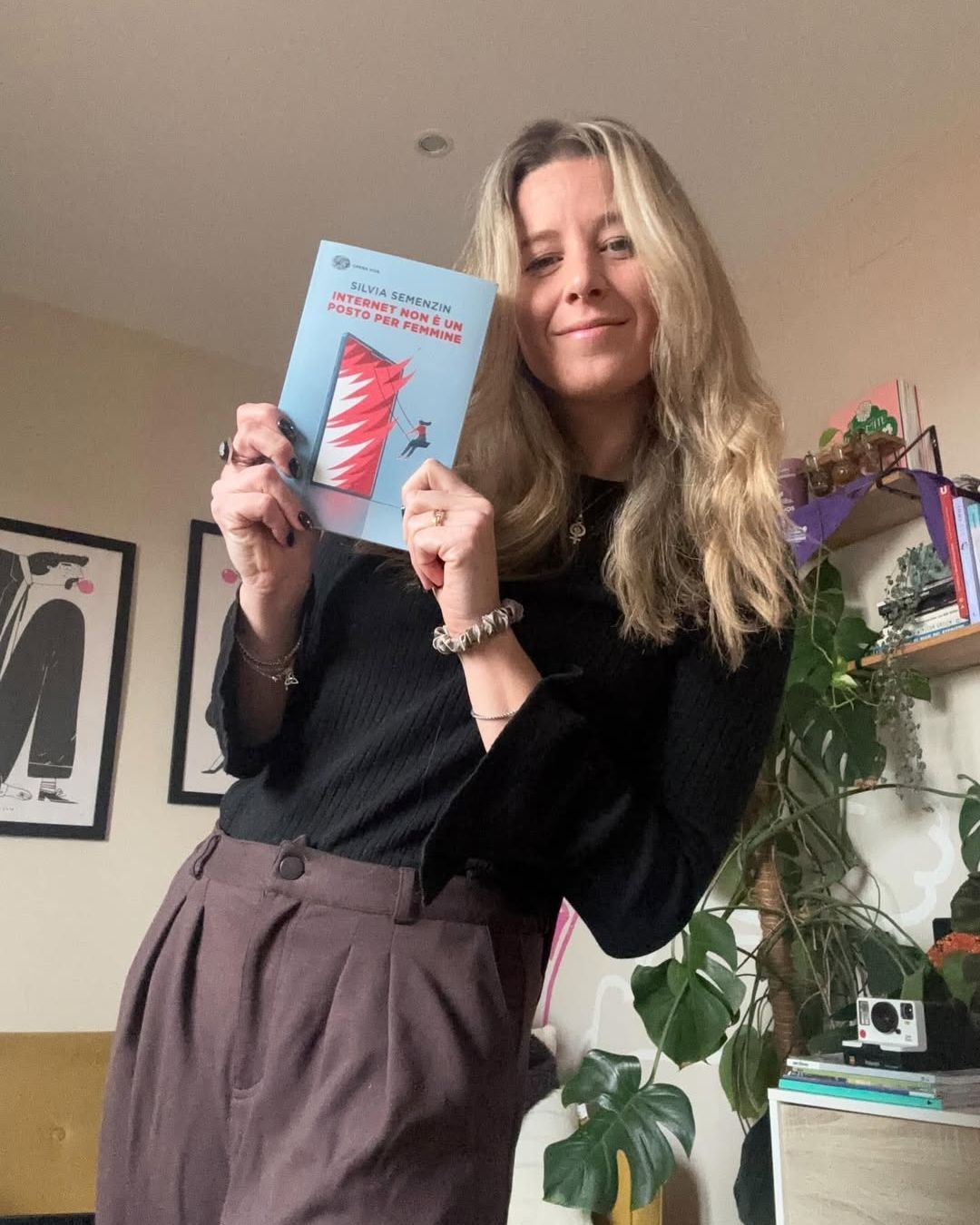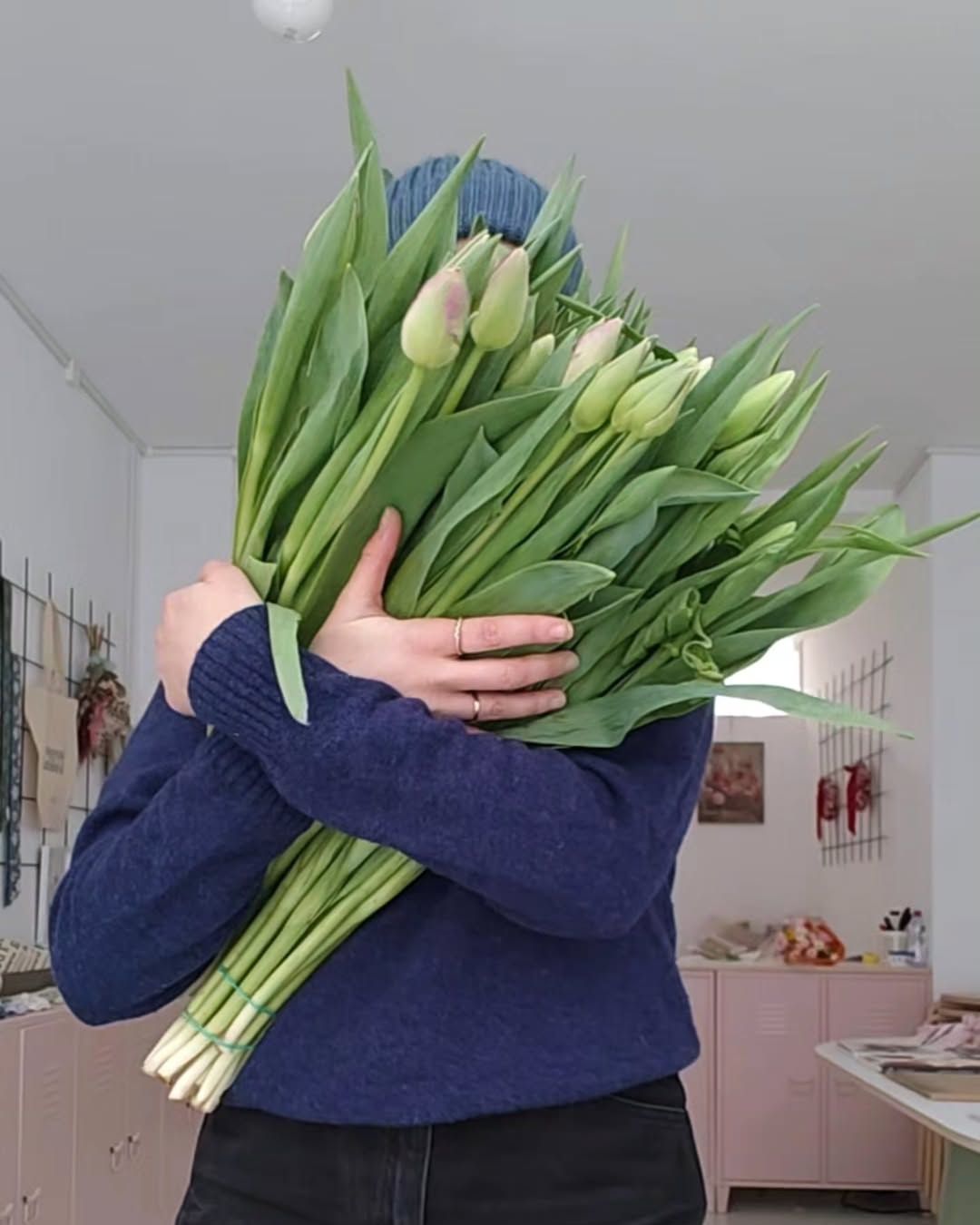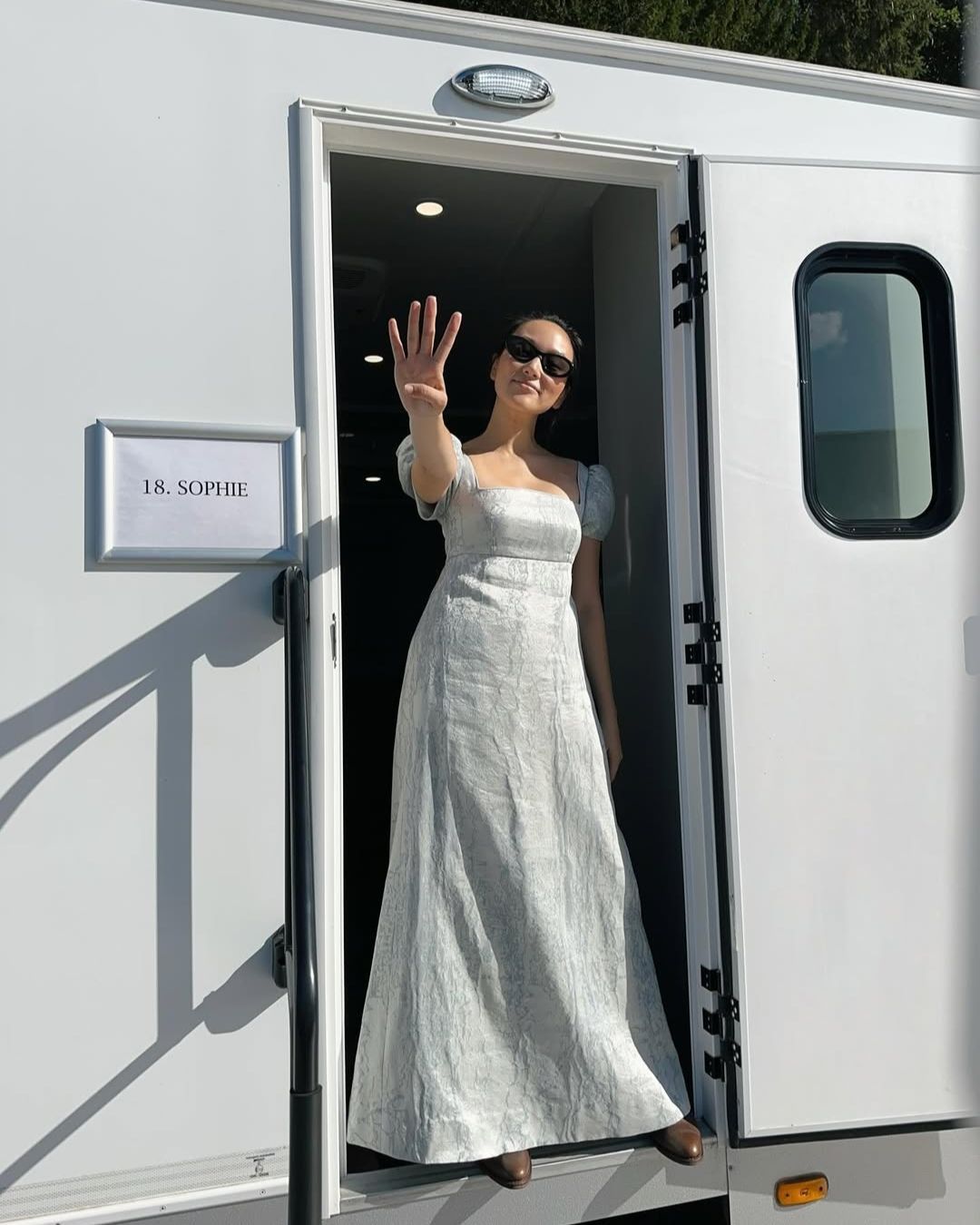
After "L'arte della Gioia" comes the film "Fuori" about the figure of Goliarda Sapienza. Mario Martone directs Valeria Golino, Matilda De Angelis and Elodie in a work full of tenderness and poetry
Watching is the word most often repeated during the Cannes presentation of Fuori, the film directed by Mario Martone and co-written with screenwriter and wife Ippolita Di Majo, in competition at the festival. The film condenses the life of writer Goliarda Sapienza into a very narrow time frame: a Roman summer that becomes the pivot around which the story moves back and forth, recounting the friendships the Italian writer, actress, and intellectual forged during that time, bonds she would carry with her for the rest of her life. Watching is also the most fitting verb when considering the viewer’s position. Or better yet, spying, as the audience is not only peeking through the bars of a prison where dynamics and hierarchies defy outside expectations, but also witnessing the deep relationships formed among these women. An intimate, even private connection observed through the peephole of a door hiding secrets, which Fuori allows us to witness as loyal and respectful onlookers.
Fuori, Review of Mario Martone’s New Film Starring Matilda De Angelis, Valeria Golino, and Elodie
As Matilda De Angelis, co-starring alongside Valeria Golino, who once again reaffirms her connection to Sapienza, put it, watching the film feels like sitting at a café and eavesdropping on the conversation at the next table. Code words, gestures that appear mysterious to outsiders, dialogues not meant to be heard yet somehow reaching our ears. The young actress, relentless and magnetic in her role as Roberta, captures exactly what Fuori by Mario Martone evokes—along with how it brings the audience into contact with Goliarda Sapienza. Brought back into the spotlight thanks to the adaptation of her novel L'Arte della Gioia (directed by Golino herself, who also portrays Sapienza and first met her at just eighteen) Martone tells the story of a whole world confined to the summer of 1980, during which the writer tries to piece her life back together. Convicted of theft, imprisoned at Rebibbia (where the film was partially shot, along with her real home), and released while keeping the bonds formed with two women who would remain in her heart, besides De Angelis, there is singer Elodie, now transitioning into cinema, Martone captures an entire universe of eccentricity, brilliance, shamelessness, and wonder. Goliarda Sapienza views the world with a sense of awe. Nothing escapes her; she is emphatic and poetic in her daily gestures. Always sincere in her curiosity toward others, even brazen, what Roberta calls a “thief of lives”, and yet unafraid to live her own.
What’s it about? Themes and meaning
Indeed, in a different form, Goliarda’s boldness is what ties her to her character Modesta, the protagonist of a novel she never saw published (because, as she herself said, in Italy people only receive recognition after death). “You bring the wind,” the protagonist tells her companion in play, friendship, and love Roberta. And on the wings of that wind, the viewer is carried into a narrative filled with tenderness, unafraid to reveal Sapienza’s personal side, offering moments of deep awareness, such as the exploration of a feeling and a sexuality that were unusual - if not unspeakable - in 1980s Italy. Martone captures it with moving delicacy, with a touch that feels like a caress, and a tenderness that flows first among the three leading women before reaching the viewer - playful, affectionate, erotic but never fetishistic. Valeria Golino shines, portraying a magical and real Goliarda, as if the writer belonged to a fantastical world, while Matilda De Angelis is grounded and intense, commanding the screen in a role as significant in the film as it was in Sapienza’s life. Though escaping the conventions of a biopic, Fuori gives the audience the feeling of having understood everything about Goliarda Sapienza. It is as free as only those who have experienced confinement can be. It is the hunger for love that Modesta had in The Art of Joy, now mirrored in the eyes of Golino’s character—a need to understand and be close to others. A song sung from a window, a plate of spaghetti alle vongole by the sea, a shared shower to feel each other’s presence, whether within four walls or elsewhere.
























































